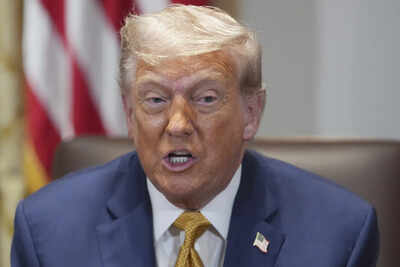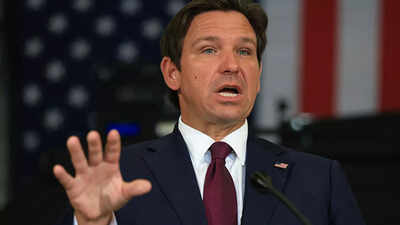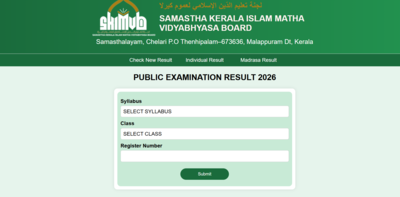Trump administration targets George Mason University in widening war on diversity hiring in higher education

The Trump administration has initiated a civil rights investigation into George Mason University, marking a sharp escalation in its national campaign against diversity, equity, and inclusion (DEI) policies. The move brings federal scrutiny to Virginia’s largest public university and signals that public institutions, not just elite private colleges, are now firmly in the administration’s crosshairs.
Allegations of racial preferencing in hiring
The U.S. Department of Education opened the investigation in response to a complaint filed by several faculty members at George Mason. The complaint alleges that the university has prioritized diversity considerations over traditional academic credentials in its hiring and promotion decisions. It points to internal practices such as including “equity advisers” in academic departments and implementing “diversity cluster hire” initiatives to increase representation of underrepresented groups.At the heart of the complaint is university president Gregory Washington, whose internal guidance allegedly encouraged departments to weigh diversity-related factors even when candidates may not have had superior qualifications compared to others.
Federal response and legal grounds
Preliminary statements from the Education Department suggest that George Mason’s current hiring practices could constitute illegal racial preferencing under federal civil rights laws. The administration has argued that race-conscious hiring policies amount to reverse discrimination, especially against white and Asian American applicants, and has made dismantling such frameworks a key focus of its education policy.This probe reflects a broader ideological and legal strategy that frames DEI initiatives as violations of anti-discrimination laws, rather than efforts to promote inclusion and equity.
University’s position and recent changes
George Mason University has denied the allegations and maintains that it remains fully compliant with all federal and state regulations. Earlier this year, the university renamed its DEI office, though it concluded that its broader policies already aligned with legal standards. The institution has emphasized that its recruitment processes are designed to attract qualified candidates while fostering a diverse academic environment.Despite its strong reputation in conservative law and economics circles, George Mason has drawn criticism from right-leaning groups for its commitment to DEI programming. The university has defended its practices, rejecting claims that they compromise academic excellence or fairness.
A pattern across public universities
This investigation comes just weeks after a similar probe at the University of Virginia, which led to the resignation of its president under political and legal pressure. Conservative advocacy groups have been actively filing complaints and monitoring DEI policies at public institutions, arguing that these programs are ideologically motivated and not legally defensible.A 2023 report by a conservative think tank singled out George Mason for its “bloated” DEI staffing and programming, further fueling criticism. Though the university disputed the report’s accuracy and methodology, it marked a turning point in public discourse around its campus policies.
Higher education at a crossroads
The George Mason case underscores a growing divide in American higher education. While many universities continue to defend DEI as essential to academic and social progress, the Trump administration has doubled down on its efforts to roll back such policies, particularly in institutions that receive federal funding.As the investigation proceeds, George Mason finds itself navigating a complex and politically charged environment—balancing institutional values, public accountability, and legal risk in a time of shifting federal priorities.





